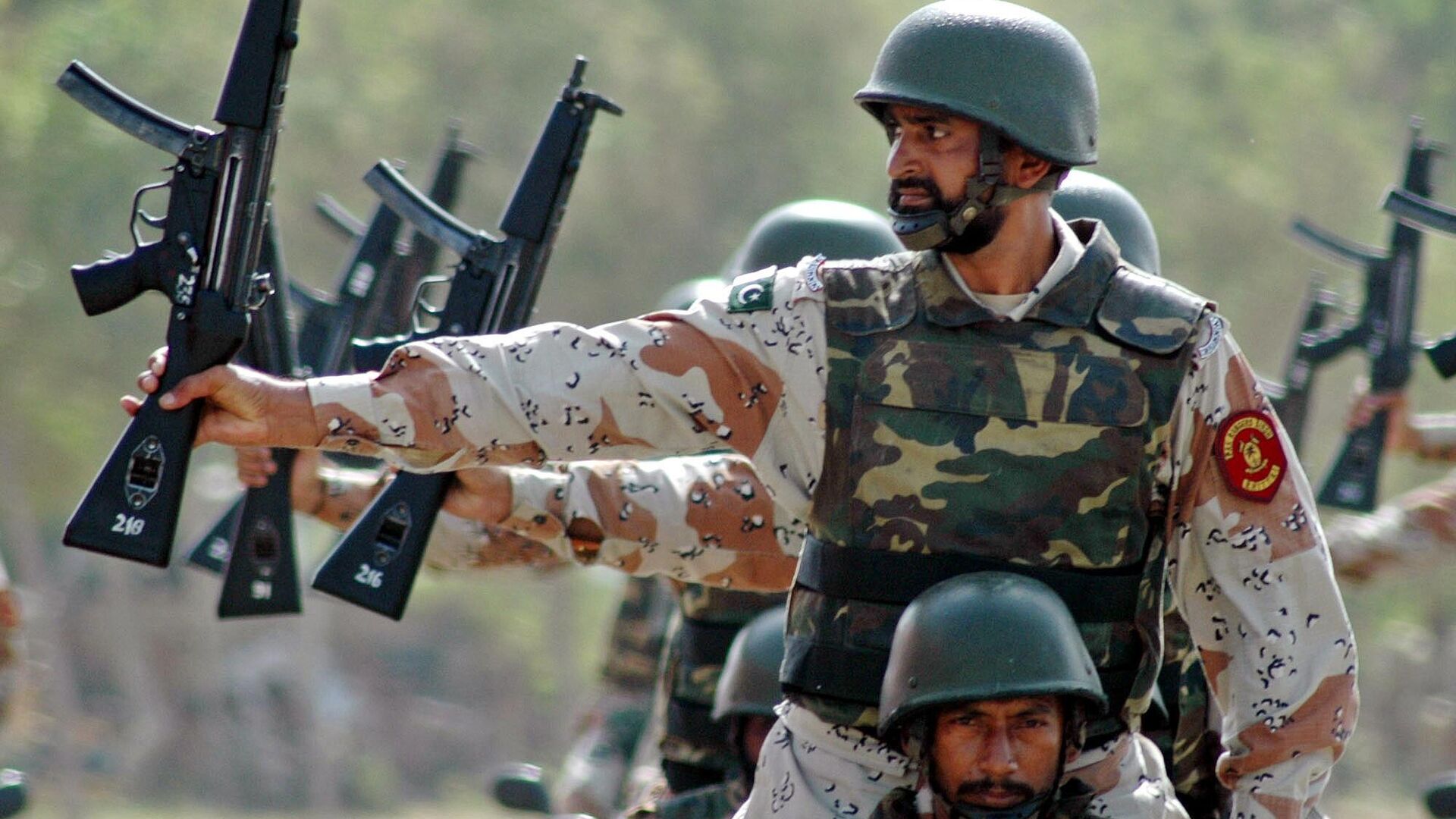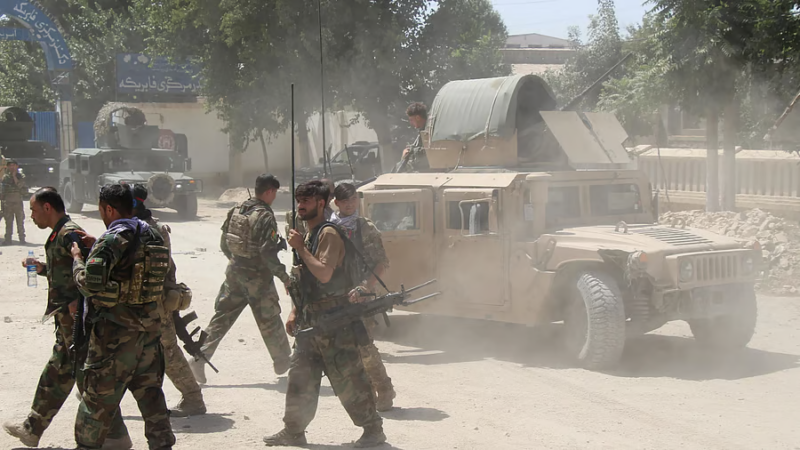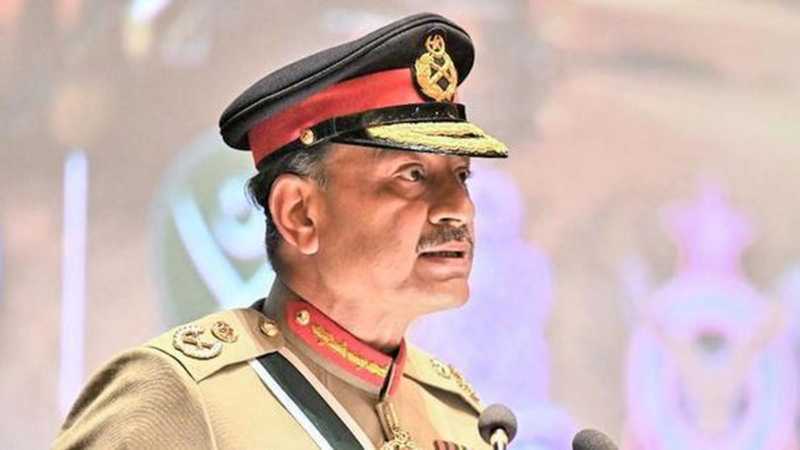Country Report on Terrorism Provides Evidence of Complex Threat from Pakistan

Published annually by the United States Department of State, the latest edition of its Country Reports on Terrorism, covering the year 2022. The statistics which have the most significance for India, are the ones relating to Pakistan which continues to face the hydra-headed monster of militancy and terrorism. Its religious seminaries (madrassas) remain the largest source of terrorists that operate across South Asia. The 2022 Country Reports on Terrorism (CRT) states in no uncertain terms: “Several UN- and U.S.-designated terrorist groups that focus on attacks outside the country continued to operate from Pakistani soil in 2022, including Lashkar-e-Tayyiba (LeT) and Jaish-e-Mohammed.” The CRT’s contention about India-focused militant groups that operate from Pakistan is that “authorities did not take sufficient action to dismantle them.”
Mired in multiple crises, not the least rising sectarian violence Pakistan witnesses terrorist attacks on a routine basis, demonstrating the inability of the unstable government to rein in the capacity of militant groups that are carrying out increasingly audacious operations. In Syria, Shia fighters from Pakistan participate in the Assad regime’s brutal crackdown and conduct multiple attacks on U.S. forces.
The recently released CRT mentions that major terror groups in the region, be it the Haqqani Network, Harakat-ul Jihad Islami (HUJI), Harakat ul-Jihad-i-Islami/Bangladesh (HUJI-B) and others are composed of Pakistani terrorists and receive funds from donors in Pakistan. The Harakat ul-Mujahideen (HUM) , which seeks the annexation of the Indian Union Territory of Jammu and Kashmir into Pakistan, operates from Muzaffarabad and in other cities in Pakistan,collecting “donations from wealthy donors in Pakistan.” The largest and oldest militant groups operating in the Indian Union Territory of Jammu and Kashmir, the Hizbul Mujahideen (HM) is suspected to receive “funding from sources in Pakistan.” The CRT suspects the terrorist entity Indian Mujahideen (IM) of obtaining funding and support from sources in Pakistan.
With several hundred armed supporters, Pakistan-based Jaish-e-Mohammed (JeM), which has openly declared war against the United States, “continues to operate openly in parts of Pakistan, conducting fatal attacks in the region, despite the country’s 2002 ban on its activities.To avoid asset seizures by the Pakistani government, since 2007 JeM has withdrawn funds from bank accounts and invested in legal businesses, such as commodity trading, real estate, and the production of consumer goods. JeM also collects funds through donation requests, sometimes using charitable causes to solicit donations.” Anti-India-focused terrorist group, “Lashkar-e-Tayyiba (LeT) and its front organizations continued to operate and fundraise in Pakistan” and continues to disseminates its message through its front organisation- Jamaat-ud-Dawa’s (JUD) media outlets, to circumvent sanctions. “Elements of LeT and Jaish-e-Muhammed (JeM) have combined with other groups such as Hizbul Mujahideen to mount anti-India attacks.”
Thousands of members of minority communities in Paksiatan especially Ahmadis, Shia, Hindu, Sikh and Christian have been at the receiving end of mob brutality, bomb attacks, arsons, lynchings and other forms of violence.. On August 16 this year, a mob led by the Tehreek-i-Labbaik Pakistan (TLP) stormed and vandalised churches and homes of Christian families including a cemetery in Faisalabad’s Jaranwala district. In Pakistan, the conviction rate of terrorists continues to be very low, attributable to poor investigations and prosecutions and, upon acquittal, they are free to wreak havoc anew. Rights activists say that hours before the August 16 attack, the police warned residents that a mob was coming but claimed they could do nothing to stop it. Federal and provincial governments in Pakistan have routinely failed to investigate and appropriately prosecute all those responsible for intimidation, threats, and violent acts against religious minorities. Responding to the attack at Churches and Christian homes in Jaranwala in Pakistan, a statement from Amnesty International said that the “authorities in Pakistan must immediately address the climate of impunity around violence against religious minorities. The vicious mob attacks are just the latest manifestation of the threat of vigilante violence which anyone can face in Pakistan after a blasphemy accusation – with religious minorities disproportionately vulnerable to the same.”
Data indicates that Pakistani security forces have killed more militants, compared to the losses they suffered at the hands of the militants; and yet this has failed to translate into an effective response. Pak Institute for Peace Studies (PIPS) Director Mohammad Amir Rana believes that the militants’ strength is intact, and despite their human and physical losses, they are maintaining the momentum of their terrorist activities. Quoting the recent CRT Rana writes that ‘apart from threatening the security of the bordering regions, the Tehreek-i-Taliban Pakistan (TTP) is gradually increasing its footprint in other parts of the country too, and has become quite active in Balochistan.’ Terroris expert Amir Rana’s contention is that curtailing the financial supplies of the terrorists generates financial resources through criminal activities, including extortion, cyber fraud and protection money that they collect from influential business people and politicians is one of the weakest areas of the Counter-Terrorism Departments in Pakistan.
An excessively powerful military, weak civilian government and poor governance where terror groups are active on their own or are propped up by the Pakistani state as proxies, have combined to create a situation of radical instability and extremism. The presence of militant organisations in Pakistan could provoke a new conflict as well as a second war of terror, which would have serious consequences for the region.






